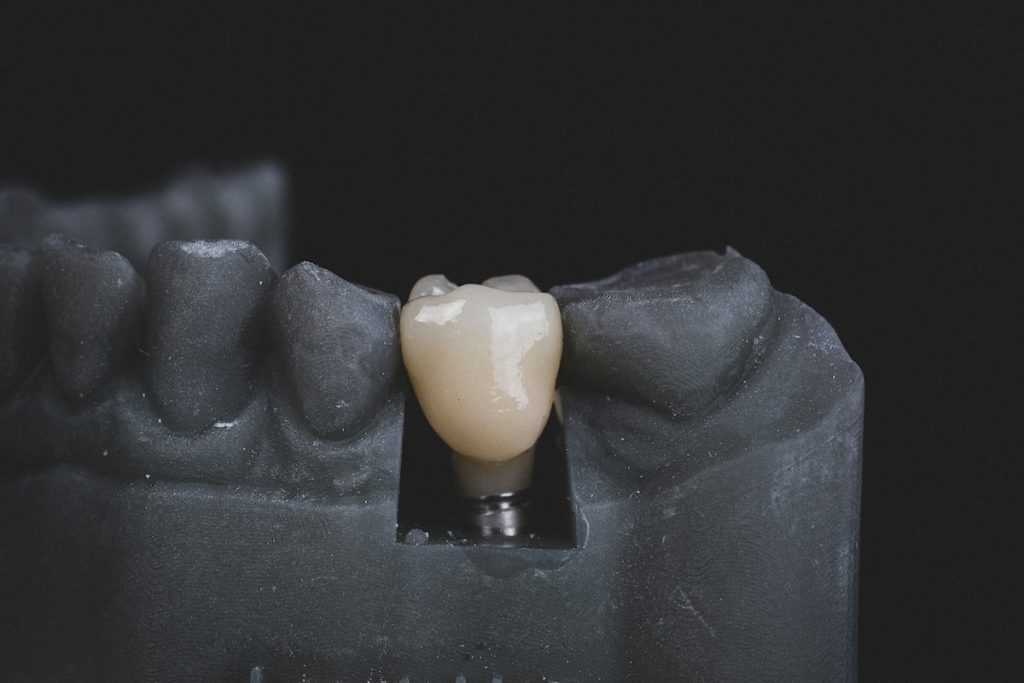Veneers are a popular cosmetic dentistry treatment that can transform a person’s smile. They are thin, custom-made shells that are placed over the front surface of the teeth to improve their appearance. However, the cost of veneers can vary significantly depending on a few key factors. In this article, we will explore the top 5 factors that affect veneers cost.
The first factor that affects veneers cost is the material used. Veneers can be made from different materials, including porcelain and composite resin. Porcelain veneers are typically more expensive than composite resin veneers, but they also tend to be more durable and natural-looking. The quality of the material used can also impact the cost of veneers.
Another factor that can affect veneers cost is the complexity of the case. If a patient requires extensive dental work, such as gum contouring or orthodontic treatment, this can add to the overall cost of veneers. Additionally, the number of teeth that require veneers can impact the cost, with more veneers generally costing more.
Overall, understanding the factors that affect veneers cost can help patients make informed decisions about their cosmetic dentistry treatment. By working with a knowledgeable and experienced dentist, patients can achieve a beautiful smile that fits their budget and meets their dental needs.
Determining Factors of Veneers Cost
When it comes to getting veneers, the cost can vary depending on several factors. Here are the top five factors that affect veneer cost:
Material and Type of Veneers
The type of veneers that a patient chooses can affect the cost. Porcelain veneers tend to be more expensive than composite veneers because they are made of high-quality dental porcelain that is stain-resistant and durable. No-prep veneers, traditional porcelain veneers, Lumineers, and snap-on veneers are all options that patients can discuss with their cosmetic dentist. The number of veneers needed and the amount of material required will also affect the cost.
Extent of Cosmetic Dental Work
The extent of cosmetic dental work required to prepare the teeth for veneers can also affect the cost. Patients with misaligned teeth or gaps between their teeth may require additional cosmetic procedures, such as braces or Invisalign before veneers can be placed. Patients with chipped teeth or discolouration may require bonding or cleaning treatments before veneers can be placed.
Dentist’s Experience and Location
The experience and skill level of the cosmetic dentist performing the procedure can also affect the cost. A prosthodontist or general dentist with extensive experience in cosmetic dentistry may charge more for their services. Additionally, the location of the dental practice can also affect the cost, with practices in larger cities generally charging more than those in smaller towns.
Additional Dental Procedures
Additional dental procedures, such as x-rays, local anaesthetic, oral health treatments for gum disease or tooth decay, and dental crowns, can also affect the cost of veneers. Patients should discuss these additional procedures with their cosmetic dentist to determine if they are necessary and how they will affect the overall cost.
Insurance and Payment Options
Finally, insurance coverage and payment options can also affect the cost of veneers. Patients should check with their dental insurance provider to see if veneers are covered under their plan. If not, many cosmetic dentists offer financing options and payment plans to help make veneers more affordable for patients.
In conclusion, the cost of veneers can vary depending on several factors, including the material and type of veneers, the extent of cosmetic dental work required, the experience and location of the cosmetic dentist, additional dental procedures, and insurance and payment options. Patients should discuss all of these factors with their cosmetic dentist to determine the most effective and cost-efficient option for their dental investment.
Aftercare and Long-Term Value
When considering veneers, it is essential to think about the long-term value and aftercare. Proper maintenance and care can extend the lifespan of veneers, making them a worthwhile investment.
Maintenance and Longevity of Veneers
Veneers are durable and can last for many years with good oral hygiene and special care. However, they are not indestructible and can crack or chip if subjected to excessive force, such as bruxism or biting on hard objects. It is important to wear a mouth guard during sports or other activities that could damage the teeth.
Good oral hygiene practices, including regular brushing and flossing, are essential to maintaining natural teeth and veneers. Staining can occur over time, so avoiding foods and drinks that cause staining, such as coffee and red wine, can help prolong the life of the veneers.
Evaluating the Cost-Benefit Ratio
Veneers can be a cost-effective and beautiful solution to cosmetic dental issues. Before making the investment, it is important to evaluate the cost-benefit ratio. The initial cost of veneers may seem high, but the long-term value and benefits of a beautiful smile can outweigh the cost.
Before-and-after photos can be a helpful tool in evaluating the potential benefits of veneers. It is important to discuss the expected lifespan of the veneers with the dentist to determine if they are a worthwhile investment.
Potential Risks and Complications
While veneers are a safe and aesthetically pleasing cosmetic dental treatment, there are potential risks and complications to consider. Veneers are an irreversible procedure, as enamel removal is necessary to place them. Sensitivity can occur after the procedure, but this is usually temporary.
Bonding agents used to attach the veneers can cause sensitivity or allergic reactions in some individuals. Dental crowns may be a better option for individuals with molars or those with gum disease. It is important to discuss all potential risks and complications with the dentist before proceeding with the procedure.
In conclusion, aftercare and long-term value are crucial factors to consider when deciding on veneers. With good oral hygiene and special care, veneers can provide a beautiful smile and lasting results. It is important to evaluate the cost-benefit ratio and discuss all potential risks and complications with the dentist before proceeding with the procedure.



